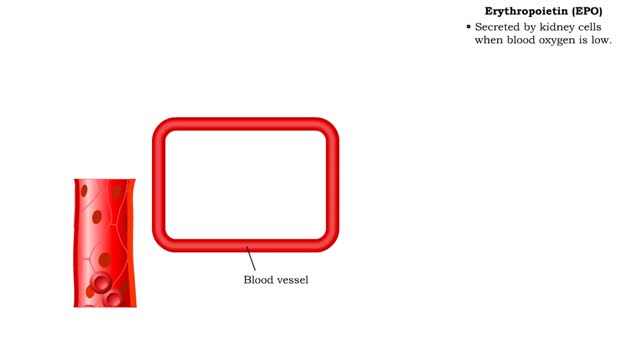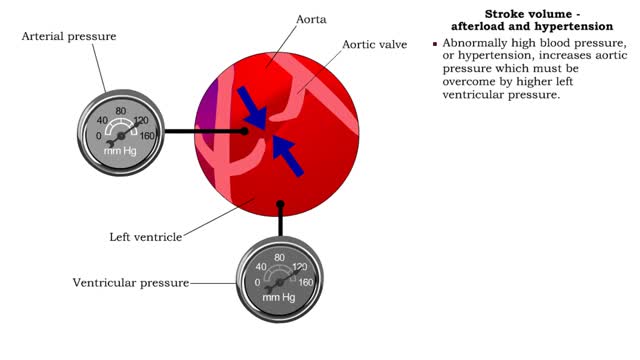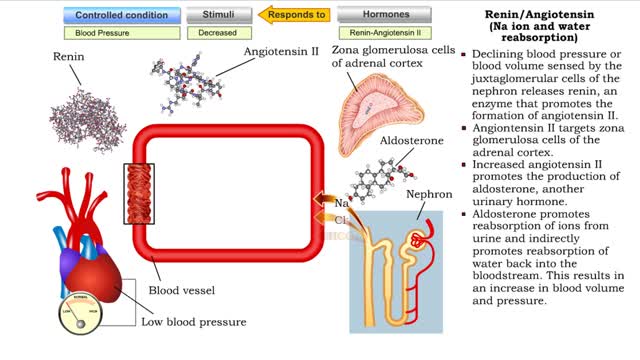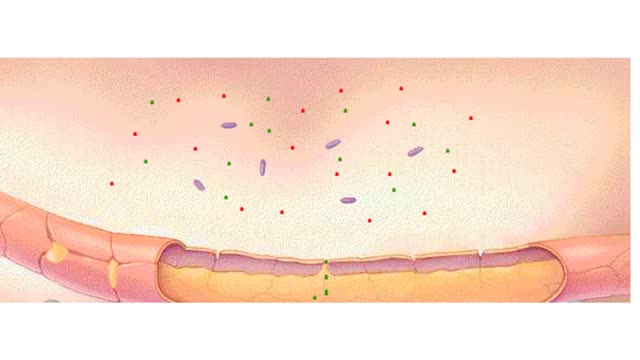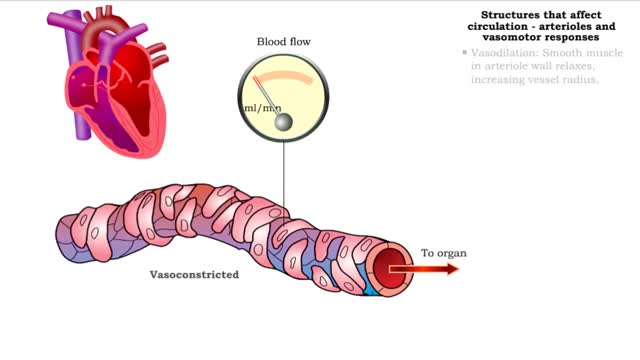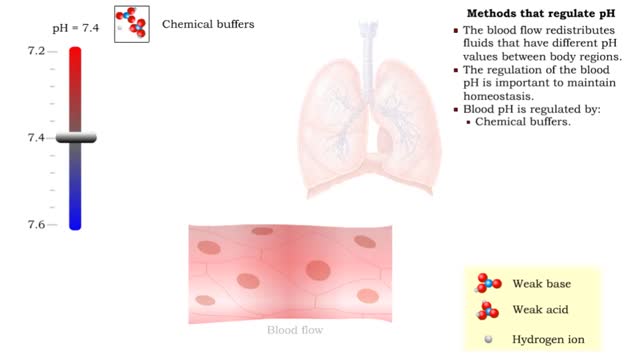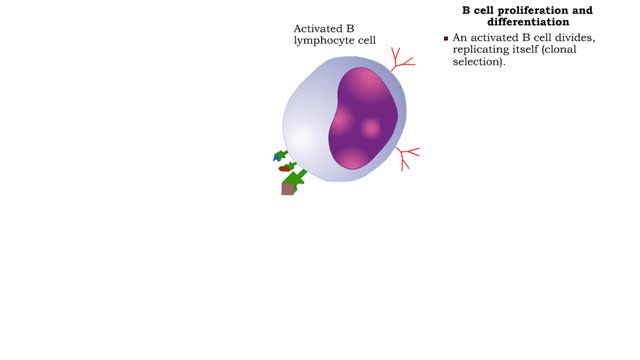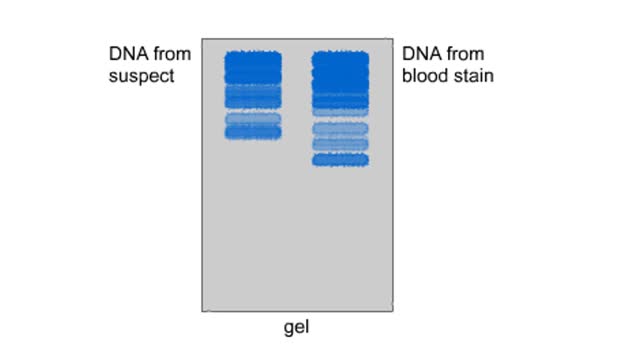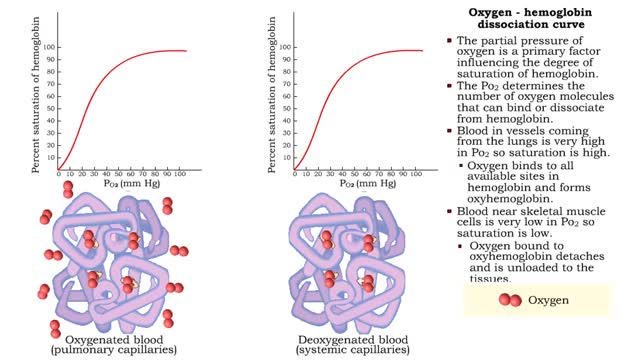Search Results
Results for: 'Rh blood type and complications during pregnancy'
Red Blood Cells - Erythropoietin (EPO)
By: HWC, Views: 11631
• The endocrine system maintains many body conditions within normal limits with feedback loops. Each endocrine feedback loop maintains homeostasis using the following components: • Stimulus - a change in a body condition. • Production cell - an endocrine cell that produces a hormone aft...
Stroke volume - afterload definition & hypertension
By: HWC, Views: 11094
• Pressure (or other resisting force) that ventricles must overcome to push open semilunar valves and eject blood. ▪ Normally, the left ventricle blood pressure must overcome arterial pressure in the aorta. ▪ Abnormally high blood pressure, or hypertension, increases aortic pressure w...
Renin/Angiotensin (water gain from urine & Na ion and water reabsorption)
By: HWC, Views: 11711
• Sensing declining blood pressure or blood volume, juxtaglomerular cells of the nephron release renin, an enzyme that promotes the formation of angiotensin II. • Angiotensin II targets smooth muscle cells in blood vessels that provide blood to the nephron. • Angiotensin II causes thes...
Inflammatory response Animation
By: HWC, Views: 8327
Any tissue damage or bacterial invasion can bring about inflammation. The inflammatory response can be triggered by an invasion of bacteria, or by a cut or other physical damage to cells. Chemicals, such as histamine, released by the bacteria or damaged cells. accumulate in the tissue. Thes...
Structures that affect circulation - arterioles and vasomotor responses and venous return
By: HWC, Views: 11775
■ Small arteries and arterioles determine SVR. • Blood pressure drops significantly as blood passes through arterioles. • Decreasing arteriole radius and decreased wall elasticity are the main reasons for increased SVR. ■ Small changes in arteriole radius can cause large changes in ...
By: HWC, Views: 11846
• The blood flow redistributes fluids that have different pH values between body regions. • The regulation of the blood pH is important to maintain homeostasis. • Blood pH is regulated by: • Chemical buffers. • The respiratory system. • The urinary system. • All thes...
By: HWC, Views: 12563
What Are Antibodies? Antibodies, also known as immunoglobulins, are Y-shaped proteins that are produced by the immune system to help stop intruders from harming the body. When an intruder enters the body, the immune system springs into action. These invaders, which are called antigens, can be vi...
By: HWC, Views: 8542
DNA fingerprinting enables a scientist to compare the DNA from two biological samples, such as a blood stain and a suspect's blood. A restriction enzyme is added to the samples to be compared. The enzyme cuts the DNA into smaller fragments. The DNA fragments are placed on an electrophor...
Oxygen - hemoglobin dissociation curve & Hemoglobin's affinity with oxygen - acidity
By: HWC, Views: 12286
• The partial pressure of oxygen is a primary factor influencing the degree of saturation of hemoglobin. • The Po2 determines the number of oxygen molecules that can bind or dissociate from hemoglobin. • Blood in vessels coming from the lungs is very high in Po2 so saturation is high. ...
Advertisement



